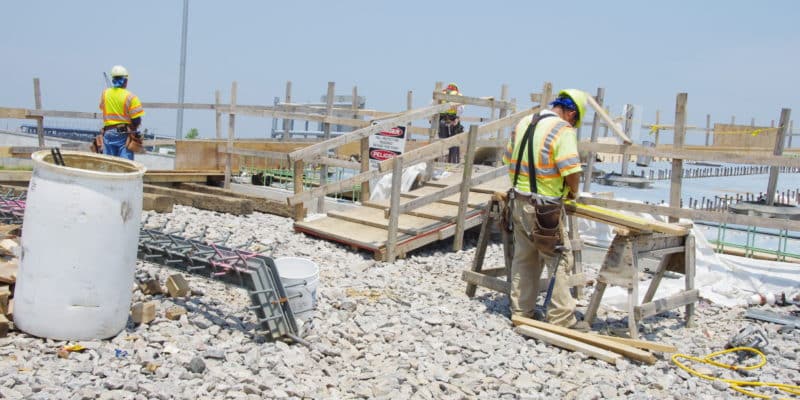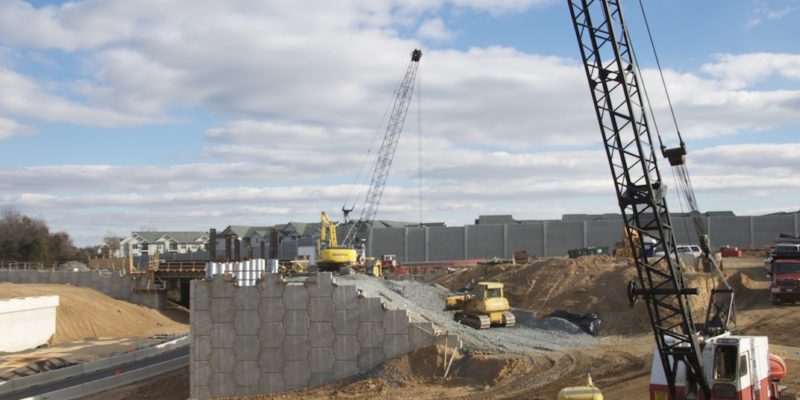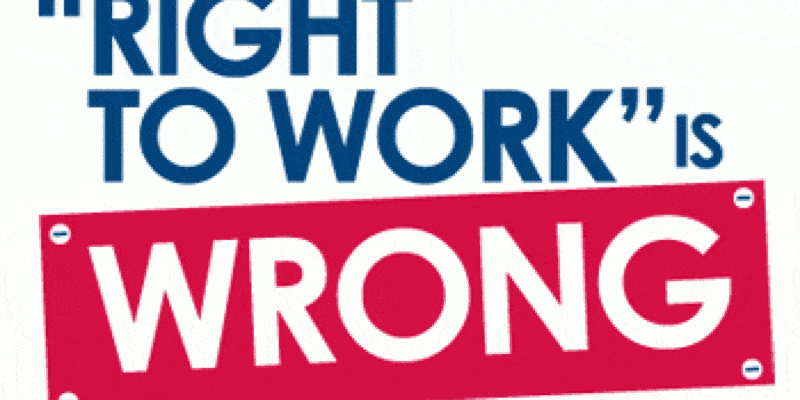By DENIS SLATTERY
NEW YORK DAILY NEWS
MAR 27, 2019
Albany – An unlikely coalition of activists, union workers and day laborers joined forces Wednesday to call on New York lawmakers to grant raises to construction workers on publicly subsidized projects.
Hundreds of construction workers, decked out in orange and yellow, filled the state Capitol Building, shouting “End corporate welfare, pass public works!”
The workers want so-called prevailing wage rules, requiring all publicly funded construction projects pay at least the average wage paid on all projects completed in that area, to be expanded to all projects that use even a portion of public funds.
Gov. Cuomo and both chambers of the state Legislature have backed the measure, but whether it will be included in the final budget, due by April 1, remains unclear.
“The Legislature has a simple decision to make: do blue-collar workers deserve an honest day’s pay for an honest day’s work, or do developers deserve to grow their bottom-lines using our tax dollars?” Michael Hellstrom, the assistant business manager of the Mason Tenders District Council of Greater New York said. “This is about ensuring our tax dollars are no longer used to line the pockets of out-of-state contractors who exploit workers and drive wages down. The clock is ticking and construction workers need to know what the Legislature’s decision will be.”
Manuel Castro, the executive director of New Immigrant Community Empowerment, said the measure would provide protections to both union and non-union workers.
“I think it’s important to show unity on these issues because for a long time we’ve known that contractors, by using a variety of different schemes, like subcontractors or brokers, they look for cheap labor and don’t pay workers a living wage.
Sixteen states have already passed similar legislation.










